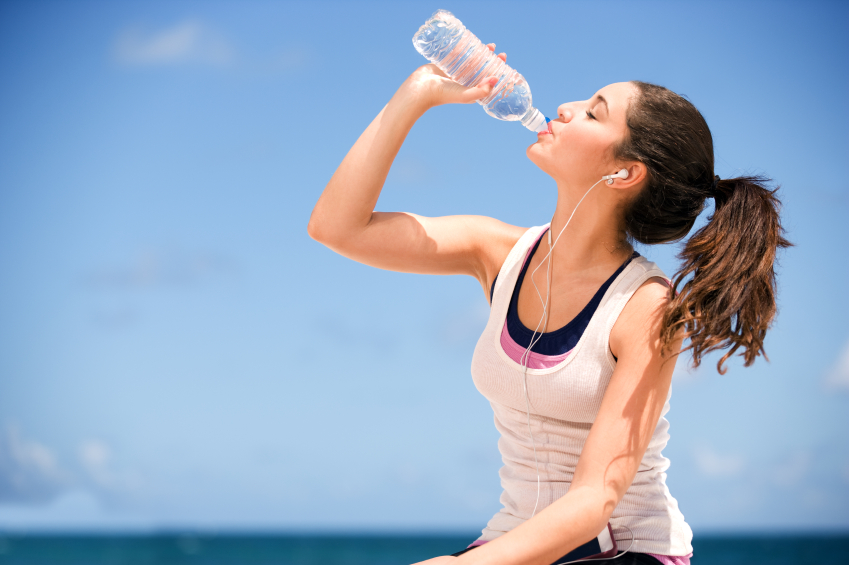
During exercise
Those involved in sports, certainly know the importance of using nutritional supplements before and after exercise and how they increase overall performance, endurance, muscle benefits and recovery. But what are the needs of our body during exercise and which drinks could cover them?
Energy Drinks: Why?
As is natural, water beyond everyday life also plays a very important role in sports activities due to increased sweating, increased metabolism and its contribution to thermoregulation. For all the above reasons, special sports drinks containing electrolytes have been designed and consumed.
Electrolytes are important in maintaining the body's homeostasis, since they regulate the distribution of water in the body, affect the pH of the blood and contribute to neuromuscular stimulation. Studies have proven that a disturbance of electrolytes in the body or body fluids can reduce the performance of athletic activity.
The electrolytes that are mainly lost during sweating are: sodium, chloride, potassium, magnesium and calcium. Sports drinks, which mainly contain sugar, sodium and potassium in significant amounts, can replace electrolytes. If the concentration of the above substances is the same as the concentration of these substances in the body, these drinks are called isotonic, if the concentration is greater than that of the fluids in the body then they are called hypertonic and correspondingly if it is less hypotonic.
What can we consume during exercise
Studies on sports activities recommend consuming approximately 0.15-0.25lt of fluids per 15 minutes during training. If the training lasts more than 60 minutes, make sure the drink has a carbohydrate content of 6-8% and sodium about 7%. The fluids consumed must be absorbed quickly (hypotonic fluids) and be palatable for the athlete. It is good for the fluids to be consumed by the athlete at rest.
There are a wide variety of liquids that can be used for effective replenishment, but cool water is most suitable. Larger amounts of liquid (e.g. 0.25L) tend to be removed from the stomach faster than smaller amounts, provided it does not cause stomach upset





















